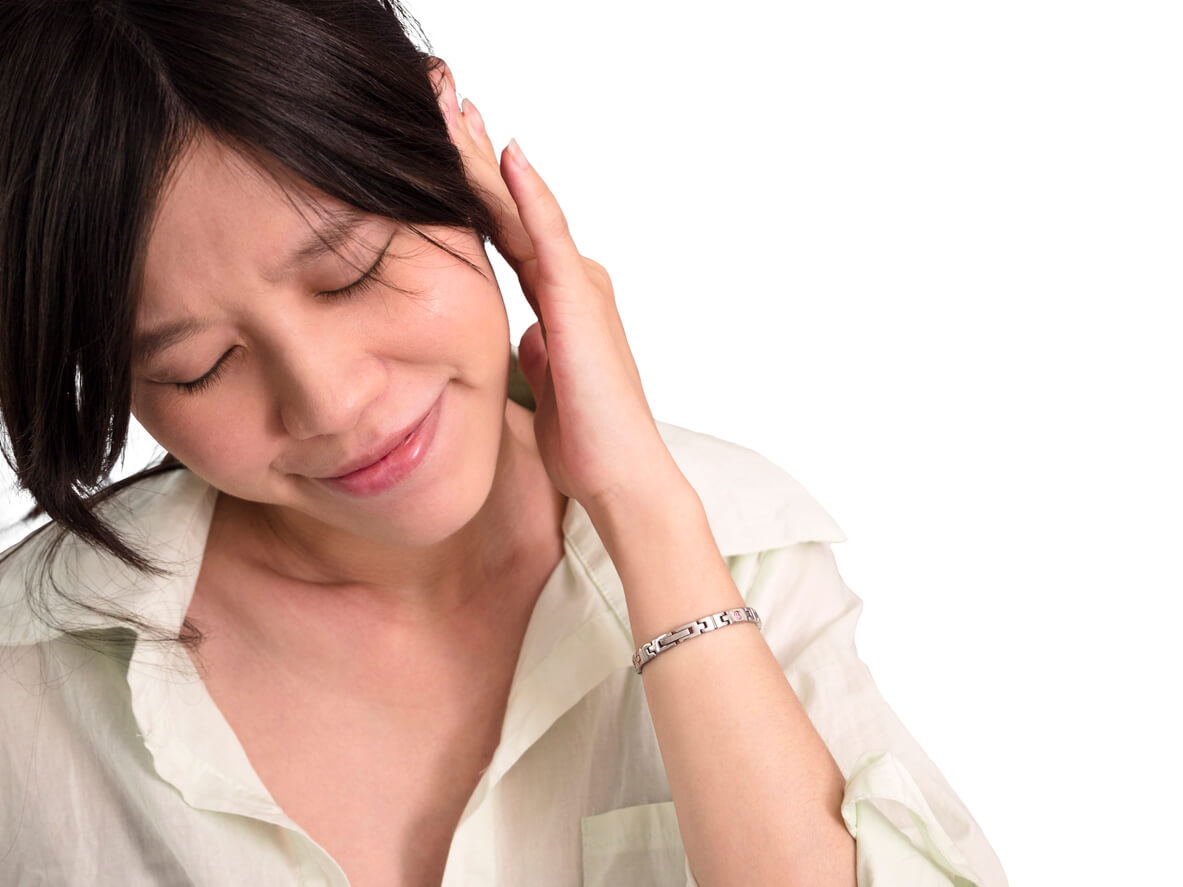
Attending a live concert is an unforgettable experience — the thumping bass, the electrifying atmosphere, and the crowd singing in unison. However, that buzzing or ringing in your ears when the music fades can be concerning.
This phenomenon, commonly called ringing ears or tinnitus, often happens after being exposed to loud noise for a prolonged period. But do not worry — there are steps you can take to care for your ears and ensure they stay healthy.
Let us discuss why ears ring after a concert, what to do if it happens to you, and how to prevent it in the future. Whether you are a frequent concertgoer or planning your first live music experience, these tips can help you avoid long-term damage while fully enjoying the concert.
Why Ears Ring After a Concert
When your ears are exposed to loud noises, such as the booming sound systems at a concert, the tiny hair cells in your inner ear can become overworked or damaged. These hair cells, which help translate sound waves into electrical signals for your brain, are sensitive to high volumes. Prolonged exposure to loud sounds can cause temporary or even permanent damage.
The resulting ringing sensation is known as tinnitus. While it is often temporary, frequent exposure to loud noise without protection can lead to chronic tinnitus or even hearing loss.
Steps to Take If Your Ears Ring After a Concert
If you are experiencing ringing or buzzing in your ears after a concert, here are some simple yet effective steps to minimize the discomfort and protect your hearing.
1. Rest Your Ears
The first and most important step is allowing your ears to recover. Avoid exposure to loud sounds for at least 24 hours after the concert.
Quiet environments can give your ear’s overworked hair cells some much-needed time to reset.
2. Use White Noise or Soft Music
Playing white noise or soft, calming music can help mask the ringing sound and make you more comfortable. Consider using a white noise machine or tuning in to a relaxing music playlist.
3. Stay Hydrated
Sometimes ringing ears can be worsened by poor circulation or dehydration. Drink plenty of water to support your body and reduce the risk of prolonged discomfort.
4. Try Deep Breathing or Relaxation Exercises
Stress can make tinnitus more noticeable. Deep breathing exercises, yoga, or other relaxation techniques can help reduce stress and make the ringing less bothersome.
5. Avoid Caffeine and Alcohol
After a concert, it is best to avoid substances like caffeine and alcohol, which can constrict blood vessels and potentially worsen tinnitus symptoms.
6. Monitor Your Symptoms
It is common for ears to ring temporarily after a loud event. However, if the ringing does not subside within 24 hours or worsens, you should consult an ear nose and throat doctor near you for further evaluation.
How to Prevent Ringing Ears at Future Concerts
Preventing ear damage in the first place is always better than treating it after the fact. Here are some tips to protect your hearing at your next concert.
1. Use Earplugs
Wearing high-quality earplugs designed for concerts can significantly reduce the volume of sound entering your ears without compromising the music’s clarity.
These small, inexpensive devices can make a huge difference in preserving your hearing.
2. Keep Your Distance
Stand a safe distance away from the speakers. The closer you are to the sound source, the louder the audio will be and the greater the risk of ear damage.
3. Take Breaks
Give your ears a break by stepping out of the noise periodically. Even a five-minute breather can reduce your total noise exposure and minimize the risk of ear damage or ringing ears.
4. Follow the 60/60 Rule
The 60/60 rule, often applied to listening to music through headphones, can also be useful at concerts. Limit your noise exposure to no more than 60 decibels for 60 minutes at a time, if possible.
This can be a little tricky at a loud event, but taking breaks can help you follow this guideline.
5. Invest in Hearing Protection
Musicians and frequent concertgoers can benefit from investing in custom-molded earplugs or noise-cancelling devices that provide superior protection.
When to See an Ear Nose and Throat Specialist
If symptoms like ringing ears persist after a concert, it could indicate a more serious issue such as chronic tinnitus, hearing loss, or an ear infection tinnitus. Persistent tinnitus or hearing difficulties should not be ignored, as they may worsen over time.
Seeing an ear, nose, and throat doctor can help diagnose the issue and provide appropriate tinnitus treatment.
If you are searching for an ear, nose, and throat doctor who specializes in tinnitus or hearing issues, make sure to choose a practice with experience in comprehensive ear care, such as Georgetown ENT.
Tinnitus Treatment in Georgetown, TX
If you are dealing with ongoing ear problems or want to protect your hearing for years to come, Georgetown ENT is here to help. Our experienced specialist, Dr. Scott William Franklin, provides personalized care for tinnitus, hearing loss, ear infections, and more.
Why choose Georgetown ENT?
- Expertise in diagnosing and treating tinnitus and other ear conditions
- Personalized treatment plans tailored to your needs
- Comprehensive hearing and balance evaluations
- Conveniently located near Austin, Texas, with flexible appointment options
Contact us today at (512) 869-0604 to learn more about our advanced ENT services. You can also use our easy-to-fill appointment request form to schedule a consultation with our ENT doctor. We look forward to serving you!


